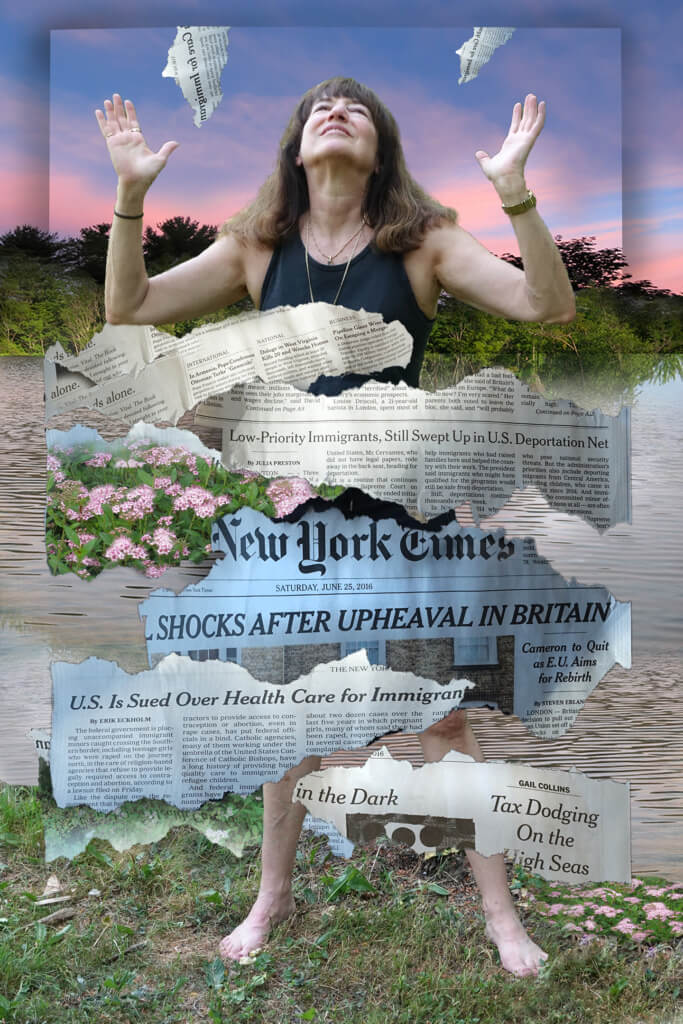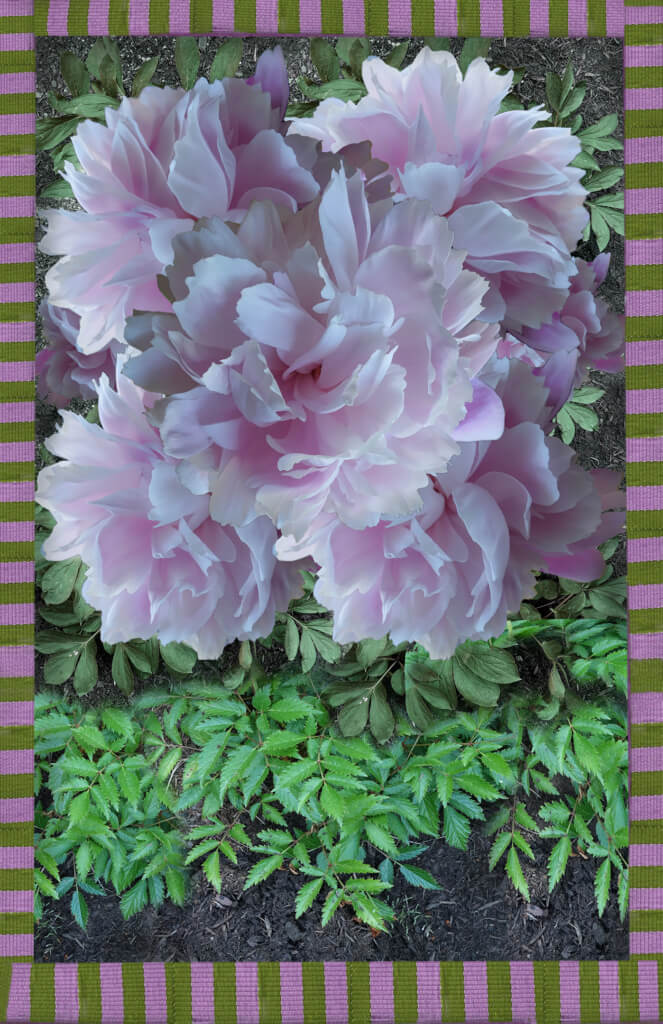 “I am not the same person I was before.” Another mother said this, as the setting sun seared the landscape behind her. Sitting on the edge of a deckchair, hunched over an almost-empty plate, I looked up suddenly. Sweet light danced on her hair, on the pond beyond her, in the gardens, and in the faces of the others around us, the ones whose old selves had been torn apart by tragedies that now brought us together.
“I am not the same person I was before.” Another mother said this, as the setting sun seared the landscape behind her. Sitting on the edge of a deckchair, hunched over an almost-empty plate, I looked up suddenly. Sweet light danced on her hair, on the pond beyond her, in the gardens, and in the faces of the others around us, the ones whose old selves had been torn apart by tragedies that now brought us together.
I looked back down at my dirt-rimmed fingernails and at my very respectable outfit from the day before that I’d hastily thrown on to replace the ragged clothes worn all day hiking with the dog, working on the computer, and messing around in the garden. It had been a full day. A good day. And now I was sitting around someone else’s pond with friends and good food. Far away from the rest of the world and troubles I couldn’t control.
“Not a trace remains of who I used to be,” the other mother said. And I knew what she meant. Immediately. Exactly. Sadly. And Joyfully.
Are you who you used to be? How do you hold on to who you are and your beliefs when the world around you seems to be changing in ways that challenge your core values?
 “Lady, if you can’t control your brat, we’re gonna call the police,” the salesman in Ithaca’s old Dick’s Sporting Goods said. In the store’s stockroom that served as a makeshift dressing room, four-year-old Marika, in one of her monumental tantrums, was hurling helmets, cross-country skis, and whatever other merchandise she could reach.
“Lady, if you can’t control your brat, we’re gonna call the police,” the salesman in Ithaca’s old Dick’s Sporting Goods said. In the store’s stockroom that served as a makeshift dressing room, four-year-old Marika, in one of her monumental tantrums, was hurling helmets, cross-country skis, and whatever other merchandise she could reach. “You should write some final wishes. Just in case,” I’d told my daughter, like I was asking her to make a shopping list. It was back in November 2010, before her stem cell transplant. She was going to
“You should write some final wishes. Just in case,” I’d told my daughter, like I was asking her to make a shopping list. It was back in November 2010, before her stem cell transplant. She was going to